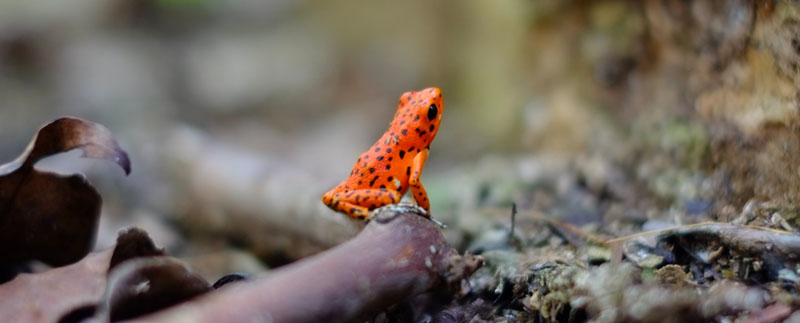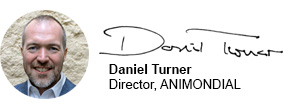Build Back Better: can sustainable tourism regenerate nature?

Now that the disastrous year of 2020 is behind us, we can all look forward with new hope. Hope that the road to recovery is short lived, hope that tourism will once again support opportunity and development, but also the hope that the threat of further pandemics will be averted, and the fallout never happens again.
…
We now know that COVID-19 is an animal-borne disease, or zoonotic disease, its passage to humans eased when nature’s natural barrier has been eroded or removed. The World Health Organisation estimates these kinds of diseases account for 75% of all newly detected human pathogens over the last 30 years. Disease, and potential pandemics, which could be averted if biodiversity loss is halted and nature’s health restored.
This is a stark reminder that habitat degradation, animal exploitation, biodiversity loss and climate change are not someone else’s issue but actually affect us all. Facts that certainly help to focus our minds, but ‘not knowing what to do’, or ‘how to do it’, often prevents action, and change.
I co-founded ANIMONDIAL, a specialist consultancy, to help travel businesses cut through the complexity and understand the impacts of their actions on animals and nature, and in so doing, to take responsibility, make informed decisions, and minimise detrimental activity. Protecting animals may not be the first topic that springs to mind when developing your sustainable business strategy, but perhaps it should be…
Not only do we share our planet with 1.8 million+ other species, but their welfare and survival are integral to ours. If poorly managed, tourism tends to exploit animals, degrade their natural attributes, cause habitat and biodiversity loss, and result in climate change, human-wildlife conflict, and viral emergence. However, tourism can be a force for good too, influencing the better protection of the natural environment, its biodiversity, and animal welfare, through tourism revenue and operation. The World Economic Forum estimates nature’s economic value generation at US$44 trillion — that’s over half of the world’s total GDP!
It was therefore shocking to learn that large numbers of animal and plant species are in drastic decline, with monitored populations of mammals, birds, amphibians, reptiles, and fish having reportedly declined by on average by 68%, since 1970 (Living Planet Report, 2020). According to the IUCN, one fifth of the world’s animals and plants are now threatened with extinction. There appears to me no greater need, and reason, to halt biodiversity loss and Build Back Better for animals and nature.
“We are the first generation to know we are destroying our planet and the last that can do anything about it.” — Tanya Steele, Chief executive, WWF
So, as we consider how to Build Back Better during tourism’s resurgence — and we must at this opportune time — it is imperative to follow a more considered approach to sustainability planning and application:
- Acknowledge that environmental, social, and economic impacts are related and interconnected. Consider the fact that a problem may be better addressed at its cause, rather than focusing on the consequence.
- Define your commitment, informing your customers, partners and suppliers, and integrate it throughout the business with defined roles and responsibilities for each team.
- Don’t feel you need to shoulder solution development alone, work with others (experts, partners, suppliers and other travel businesses) to overcome industry challenges.
- Always consider the wider implications of your actions on local people, individual animal welfare, and the natural world, before they are negatively affected.
- Join ANIMONDIAL to Build Back Better for Animals and seek to protect both the animals involved in your product offerings and experiences, and the animals whose welfare may be indirectly compromised within the destinations you visit.
» Sign up to ANIMONDIAL’s Build Back Better for Animals and benefit from exclusive offers and discounted services
In 2021, ANIMONDIAL launched a series of webinars and workshops to inform, inspire and empower travel and tourism businesses to Build Back Better for Animals. » Check out what’s on.
Join ANIMONDIAL, together with other travel experts, for a lively panel discussion at the Adventure Travel Networking Conference on 5th February to consider the implications of Building Back Better. » Find out more

